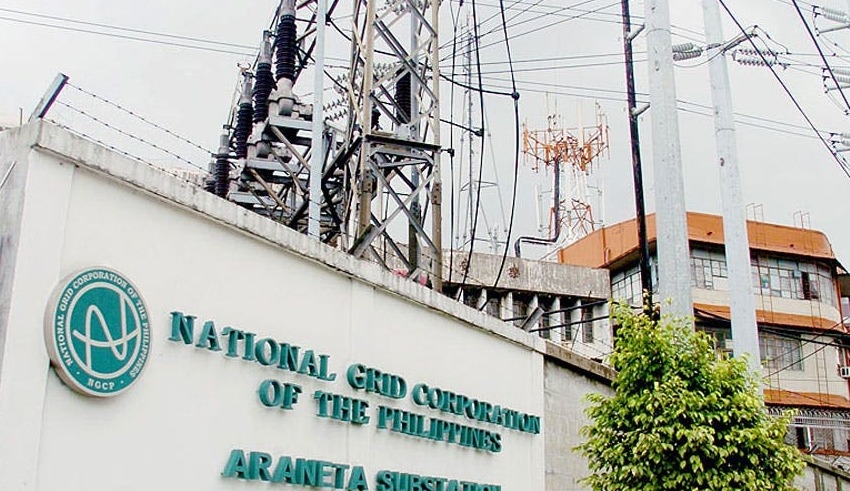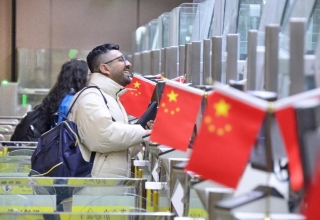
The National Grid Corporation of the Philippines (NGCP) plays a crucial role in the country’s power grid infrastructure, and its relationship with China has raised significant interest and concerns. This explainer aims to shed light on the NGCP and China’s involvement in the Philippines’ power grid.
The NGCP is responsible for the operation and maintenance of the Philippines’ power transmission system. It was formed through a consortium composed of State Grid Corporation of China (SGCC) and two Filipino companies. SGCC, a state-owned enterprise from China, holds a 40% stake in the NGCP.
China’s involvement in the NGCP has sparked discussions about foreign control over critical infrastructure and raised questions regarding national security and transparency. Critics argue that foreign ownership, particularly by a state-owned enterprise, may pose risks to the country’s energy sector and potentially compromise national interests.
However, proponents of the NGCP’s partnership with China emphasize the benefits it brings. They argue that foreign involvement can contribute to the modernization and expansion of the power grid, leveraging the technical expertise and financial resources of a global player like SGCC.
Keep Reading
In terms of security concerns, the NGCP asserts that it operates independently and is subject to Philippine laws and regulations. They highlight that the company’s operations are overseen by government agencies, including the Department of Energy and the Energy Regulatory Commission, which ensure compliance with security protocols and safeguard national interests.
Transparency has been another area of scrutiny. Critics have called for greater transparency in terms of ownership structure, financial arrangements, and contractual agreements. They emphasize the importance of ensuring that the NGCP operates with utmost transparency and accountability to maintain public trust and protect national interests.
Moving forward, it is crucial for the Philippine government to maintain a robust regulatory framework and ensure effective oversight of the NGCP’s operations. This includes regular monitoring, clear reporting mechanisms, and comprehensive audits to address concerns related to ownership, security, and transparency.
In conclusion, the NGCP and China’s involvement in the Philippines’ power grid present a complex and multifaceted issue. While foreign participation brings opportunities for investment and expertise, it also raises concerns related to national security, transparency, and ownership. Striking a balance between reaping the benefits of foreign involvement and safeguarding national interests is essential for the sustainable development and security of the country’s power grid infrastructure.


























